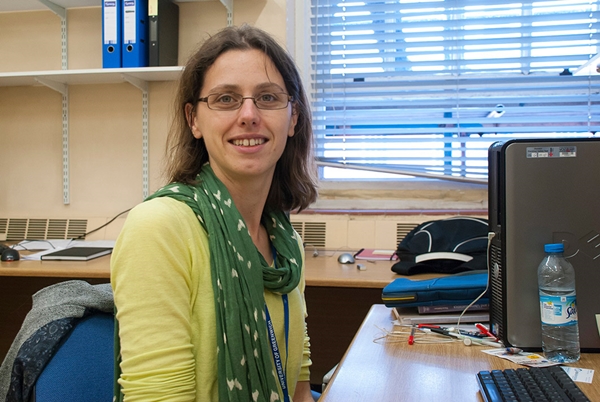Dr Bouvaine's current project involves the use of endosymbiotic bacteria as a novel biocontrol agent for crop pests and diseases. The aim is to exploit virulent strains of the endosymbiotic bacteria, Wolbachia, as a novel biocontrol agent for controlling the harmful insect pest, whitefly, in order to protect African cassava from destructive whitefly-transmitted plant viruses. The whitefly, Bemisia tabaci, is one of the most devastating agricultural pests for poor farmers over the last three decades owing to its wide geographic spread, the diverse ways that it damages crops, its capacity to develop resistance to insecticides, and, perhaps most significantly, its ability to transmit over 110 plant viruses that cause devastating crop disease pandemics worldwide. Amongst the most important of these viruses of recent times, cassava brown streak viruses (CBSVs), which cause cassava brown streak disease (CBSD), threaten the food security of over 40 million cassava-dependent poor in eastern Africa because the disease causes complete rotting of infected tubers. The lack of disease-resistant varieties and alternative whitefly control options such as insecticides (either unavailable or too expensive for many African farmers) leaves producers completely vulnerable to the damages caused by whitefly-transmitted CBSV.






